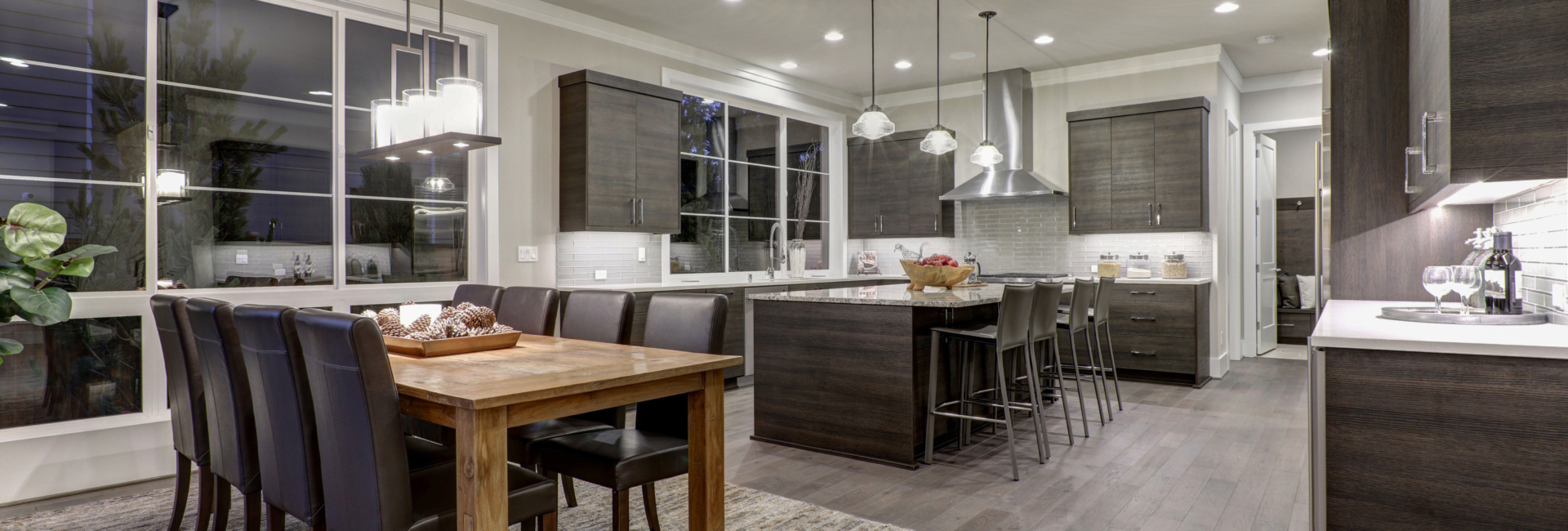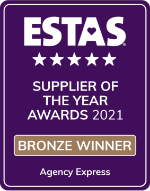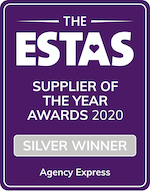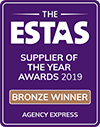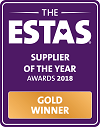9 top photography tips for estate agents
Every picture tells a story. OK – a bit of a cliché, but, in the world of Estate Agency, the saying is truer today than it’s ever been. The market is going through interesting times. Staying ahead of the competition has never been more critical. Smart, clear, professional visuals play a vital role in property sales. Don’t believe us? Take a look at these stats –
- 88% of Estate Agents agree that professional photos help increase viewings – both online and physical.
- Homes with a single photo spend an average of 70 days on the market, while listings with at least 20 images only stay for up to a month.
- Professional images help sell listings 39% closer to the original price.
- 8% of Estate Agents who use professional photography believe that this decreases days on the market.
- About 61.3% of Estate Agents believe high-quality photography is ‘crucial’. 31% believe it to be ‘important’ in selling homes.
These next two statistics certainly surprised us.
- Only 15% of homes are promoted using high-quality photography.
- Only 35% of Estate Agents employ professional photographers.
You’ll have noticed the term ‘professional’ used several times here. This doesn’t refer to the work of outsourced, professional photographers. By ‘professional’ photography, we mean ‘professional standard’ photography. And here, there’s an important message.
To make your photographs work for you, to make them attract and engage buyers, you don’t need to hire a photographer. The evidence is clear. With a little practice and care, your own people will take photographs that are not merely ‘adequate’ but of excellent quality – the kind that will sell your homes more quickly and for a better price. Surely great news for your vendors and for your bottom line. Let’s look more closely at the pros and cons.
Photography for Estate Agents – outsource or DIY?
Clearly, if you decide to go to the expense of outsourcing a photographer for your Estate Agency, you’ll have the benefit of:
- experience
- know-how
- top-grade equipment, such as 360-degree cameras for virtual tours
You might also be able to release your own people to focus on what they’re best at – selling homes.
However, hiring photographers is never cheap, and if it were you’d then be rightly suspicious of the calibre of their work. Bringing in a professional photographer to take images of every property you sell could well impact negatively on your all-important bottom line.
There are great benefits to carrying out your photography in-house. Of course, there’s the money you save. But also, consider that these days, good quality photographic equipment is both inexpensive and easy to operate. With a modicum of training, your people will soon learn how to take great photos and edit them as necessary. With very little investment, your Estate Agency will soon be reaping the benefit of professional-quality photographs, especially if you follow our 9 top tips.
How do estate agents take good photos? 9 Top Tips
1. Prepare the home for photographs
Ask your seller to prepare the home before you arrive. It’s not your job to tidy up. Of course, this means taking care of the usual rules –
- clear away the clutter
- have the décor touched up
- remove untidy rugs from the sofas and chairs
- strategically arrange a bowl of fruit here, a vase of flowers there
2. Think about your ‘shot list’
Be prepared.
- Have your kit ready the night before.
- Make sure you’ve charged your batteries and that your memory card is in the camera.
- Think about how many shots you’re going to need. Organise that in your notebook and in your mind before you arrive.
- Make sure you include exterior shots (front and back), living space, dining space, kitchen, bathrooms and a shot of each bathroom. If you’ve planned to make more shots, make sure they’re ‘detail’ shots that will sell the lifestyle of the property.
3. Your camera
Invest in a good quality DSLR camera. (Never resort to your phone). These are easy to use and will produce superb quality digital photographs.
4. Invest in a wide-angle lens
Every self-respecting Estate Agent photographer will make sure that the first lens in their bag should is a wide-angle lens. These have the dual effect of making rooms look larger and fitting a large proportion of each room in a single shot.
5. Use a tripod
Once you have a good wide-angle lens, your next most important piece of non-camera equipment is a solid tripod.
This will enable you to get much more of the room in focus and reduce blur.
6. Learn to use manual mode
Manual mode allows you to control every setting of the camera. This can seem daunting at first, but it’s really quite straightforward.
Essentially, our exposure is controlled by three variables – your shutter speed, iso and aperture.
Shutter speed – this refers to the amount of time the shutter stays open to let light onto the sensor.
ISO – this controls how sensitive to light your camera’s sensor is, and in most modern cameras, this will range from anything down to 50 all the way up into the hundreds of thousands.
Aperture – this is the diameter of the actual hole (diaphragm) that light passes through.
Once you get a hold of what each of the settings does, you can start using them to improve your photography.
7. Learn how to use depth of field
Depth of field is all about how much (from foreground to background) of the room is in focus. Knowing how to manipulate the depth of field will enable you to take more creative photographs. For example, for your lifestyle photos, where detail is less important, you might have a close-up of a bowl of fruit on the dining room table, with the rest of the room in the background being out-of-focus.
8. Don’t overdo the touching up
Don’t be tempted to fire off a load of sub-standard photographs, thinking you can compensate for any flaws by using photoshop. It’s always worthwhile to take great pictures first time around.
By all means, use photoshop to lighten areas to make the house appear natural. But take care not to overdo it, or your end results will simply look amateurish.
9. Horses for courses
Apply the first eight tips, and you’ll be well on your way to taking great photos. However, it still might be an idea to hire a professional for your highest value homes. Yes, there’s the expense to consider, but using top-notch quality photos could reap rewards for your highest-priced homes.
Following these nine simple photography tips and you’ll find, in no time, that the property photographs you take will be making all the difference to the speed and price at which you sell your vendors’ homes, as well as working wonders for your own brand image.
We at Agent Extra hope you have found this article useful and can apply what you have learnt to the next property you sell or let out. Our company are focused on providing lead generation services to UK estate agents.
Head to the Agent Extra website to find out today how we can help your business grow.



 Login
Login